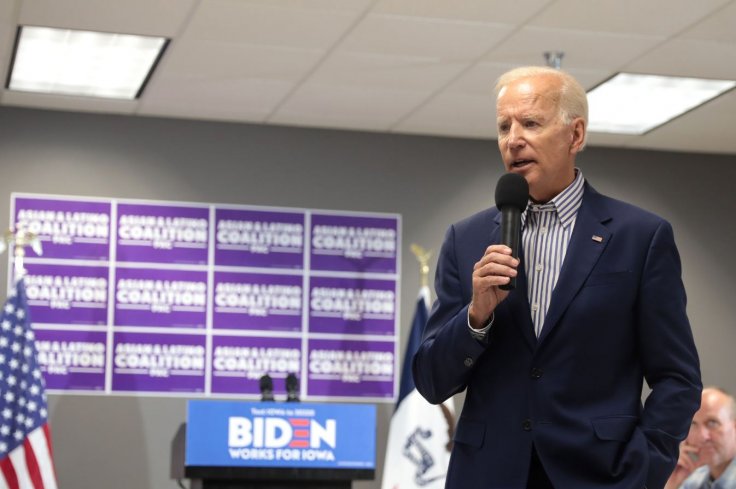All the hopefuls for the Democratic presidential nomination will seek the support of black voters to mark the celebration of Martin Luther King Jr. Day. Candidates, including Bernie Sanders, Joe Biden, Elizabeth Warren, and Pete Buttigieg will be in Iowa and South Carolina on Monday
The candidates will spend Monday seeking votes from black voters in the two states that are among the first states to cast the ballot in the nomination contest.
Candidates to speak on policy issues
Events featuring several of the candidates include a morning prayer service, march, and rally in Columbia, South Carolina, dedicated to the slain US civil rights icon. In the afternoon, candidates will speak at a forum on policy issues facing black voters in Des Moines, Iowa.
Monday is a federal holiday celebrating King, who was shot dead by an assassin in 1968 at age 39. Candidates have packed their holiday schedules with multi-state campaigning in the crucial final days two weeks before Iowa holds its February 3 caucus.

Black voters to play a key role
"Dr. King didn't give up on the dream, and I'm asking you all: don't give up," Biden told parishioners at the largely black Bethlehem Baptist Church in Columbia on Sunday. The reverend, Anthony McCallum, later told churchgoers to "get behind this soldier" as organ music swelled.
Black voters will play a key role as Democrats choose who will face President Donald Trump in the November 2020 election. They make up more than one in five Democratic primary voters nationally and about two-thirds of the party electorate in South Carolina, meaning candidates have been making regular stops in the state. South Carolina Democrats hold the fourth nominating contest on Feb. 29, before the 14 states holding contests on Super Tuesday on March 3.
"They spend a lot of time here," said JT McLawhorn, president of the Columbia Urban League, a nonprofit organization hosting the candidates at a breakfast in South Carolina on Monday. "You seem them so much you think they live here."
Joe Biden leads for now
Biden leads among black voters nationally, with about 24 per cent of the vote, compared to Sanders at 16 per cent, according to an average of recent Reuters/Ipsos polls. A quarter of black voters said they were undecided.
King's efforts are credited with the expansion of black voting and civil rights, but many voters see those rights under attack. Democrats have crafted competing policies on voter suppression, economic development, and criminal justice reform.
Michael Bloomberg, a presidential candidate who was campaigning on Sunday in Tulsa, Oklahoma, pledged $70 billion to fight poverty in 100 disadvantaged neighborhoods and also announced efforts to help one million black Americans become homeowners over 10 years.
(With agency inputs)









